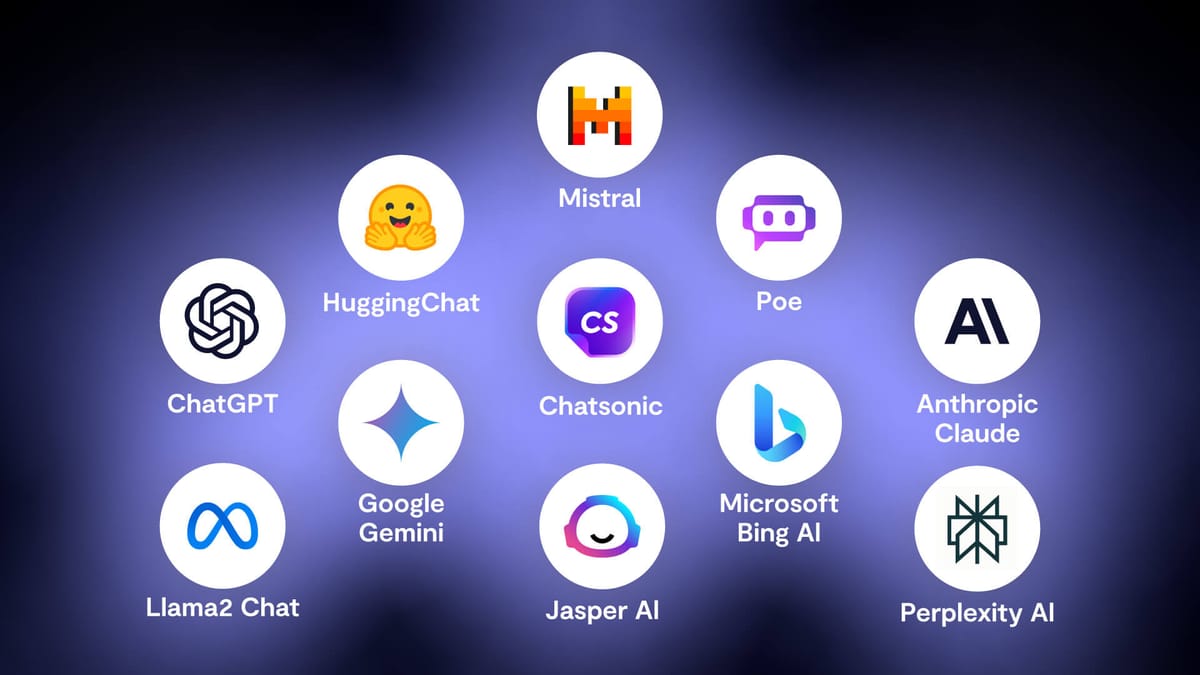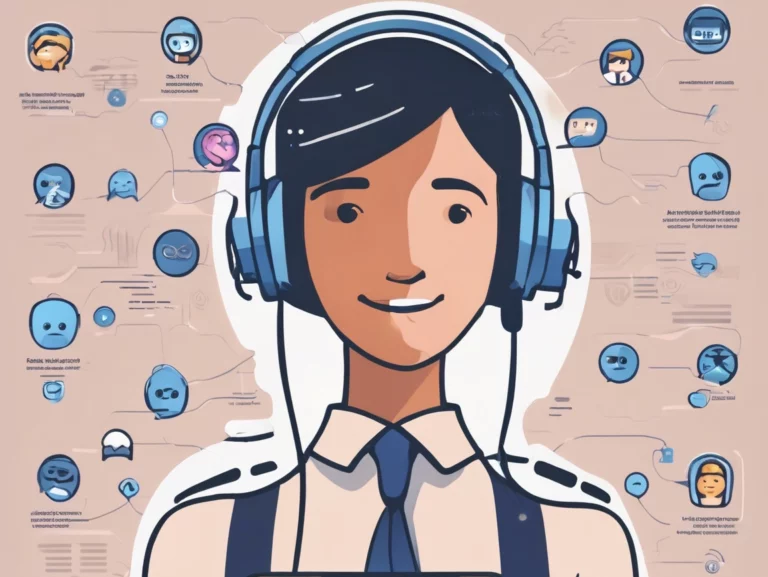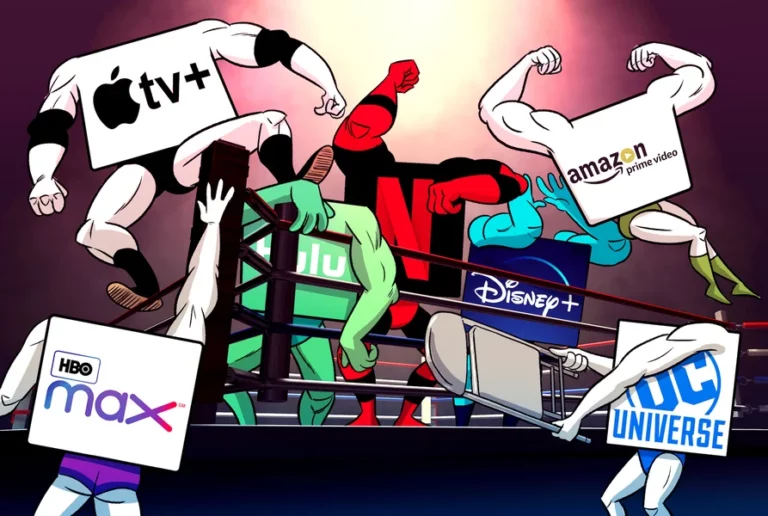Headline: The Rise of AI Chatbots: Transforming Communication and Beyond
Intro:
AI chatbots have rapidly grown in popularity and utility, reshaping how individuals and businesses communicate. From customer service to creative writing, their impact is both broad and deep.
What Happened
Recent advancements in artificial intelligence, particularly in natural language processing, have led to the creation of sophisticated chatbots capable of holding human-like conversations. These AI models are now being integrated into various platforms, offering real-time assistance, solving complex problems, and even generating original content. Tech companies continue to invest heavily in this space, pushing the boundaries of what AI chatbots can achieve.
Why It Matters
The rise of AI chatbots marks a significant shift in digital interaction. For consumers, they provide instant, 24/7 support and access to information without the need for human intervention. Businesses benefit from reduced operational costs and improved customer satisfaction. Moreover, these chatbots are opening new avenues in education, healthcare, and content creation, signaling a broader impact beyond mere customer service.
Quotes and Stats
According to a report from Gartner, by 2025, 75% of customer service interactions will be powered by AI chatbots. Industry leaders emphasize the importance of responsible AI, stressing transparency and ethical considerations. Sundar Pichai, CEO of Alphabet, noted, “AI chatbots represent a fundamental change in how people access information and services.” Statistics also show a growing preference for AI-driven solutions among younger demographics, highlighting a trend towards digital-first communication.
What Might Happen Next
Looking ahead, we can expect AI chatbots to become more personalized and context-aware, improving their usefulness and user experience. The integration of multimodal AI, combining text, voice, and image recognition, could further enhance interactivity. However, challenges related to privacy, bias, and job displacement will require ongoing attention from developers, regulators, and society.
Conclusion
AI chatbots are no longer just a novelty—they are a transformative technology shaping the future of communication. Their continued evolution promises greater convenience and innovation, but also poses important ethical questions. Staying informed and prepared will be vital as this technology becomes increasingly embedded in daily life.








